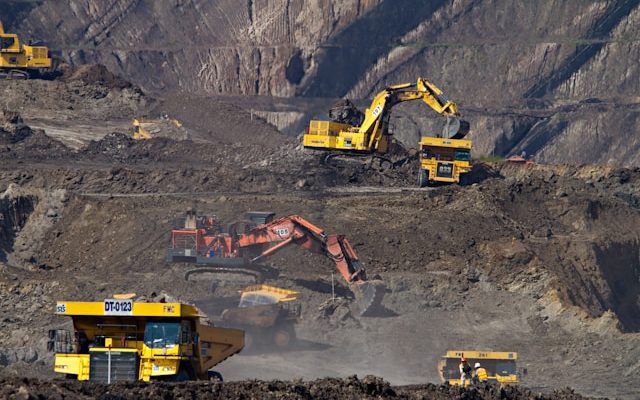BC Mining industry. Image credit: Unsplash/Dominik Vanyi
British Columbia (B.C.) is developing new advanced chemical processes facilitating the mining industry to extract critical minerals with almost no net environmental impact and transitioning to a low-carbon economy.
Being home to a growing clean-energy sector, B.C. accounts for 20 percent of Canada’s world-leading clean-tech firms with positive impacts globally with near net-zero environmental impact in the extraction of critical metals and minerals, Josie Osborne, Minister of Energy, Mines and Low Carbon Innovation reportedly said.
Founded in 2020, pH7 is headquartered in Vancouver and was recently listed on the Cleantech Group’s 2024 Global Cleantech 100.
Having created a proprietary closed-loop process, PH7 Technologies uses advanced chemistry to extract and refine critical metals to help the mining sector transition to renewable energy in an environmentally and economically sustainable way.
Efficient metal extraction, by the process is also enabled, in a cost-effective way from low-grade resources or difficult substrates.
pH7 produces the metal alloys, including platinum group metals, copper, and tin, which are then refined by industrial customers and help the mining sector reduce their emissions and water usage
PH7’s projects also helps in extracting the critical minerals needed to produce clean energy like electric vehicles, solar panels, wind turbines, electrical transmission lines and batteries.
A pilot project would be conducted by pH7 with $850,000 from the Province’s Innovative Clean Energy (ICE) Fund to process 5,000 kilograms per day of raw materials into approximately 2,500 kg of extracted platinum group metals per year with significantly less greenhouse gas emissions, electricity and water usage compared to mining or other recycling methods.
The innovators behind ICE Fund projects are on the leading edge, building connections, developing and demonstrating technology that will help B.C. transition to a low-carbon economy.
In support of B.C.’s clean-energy sector, the ICE Fund was established in 2007 for cost-effective production of clean, renewable energy technologies to preserve the environment with lower consumption of fossil fuels.
Included in the ICE partnerships are the federal government agencies, universities, local government, First Nations and many emerging clean-technology companies and organizations throughout British Columbia.
Aligning with the CleanBC Roadmap to 2030, this initiative enables B.C.’s plan to expand and accelerate climate action, a highly skilled workforce with a path for increased collaboration to build a British Columbia that works for everyone.





